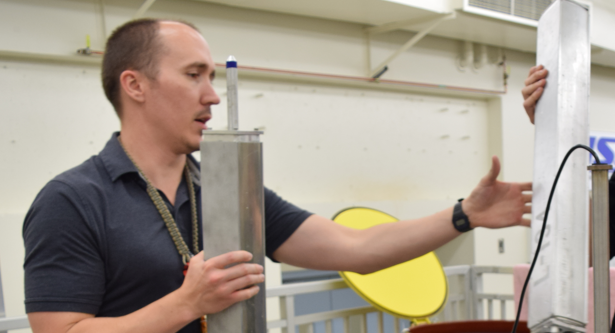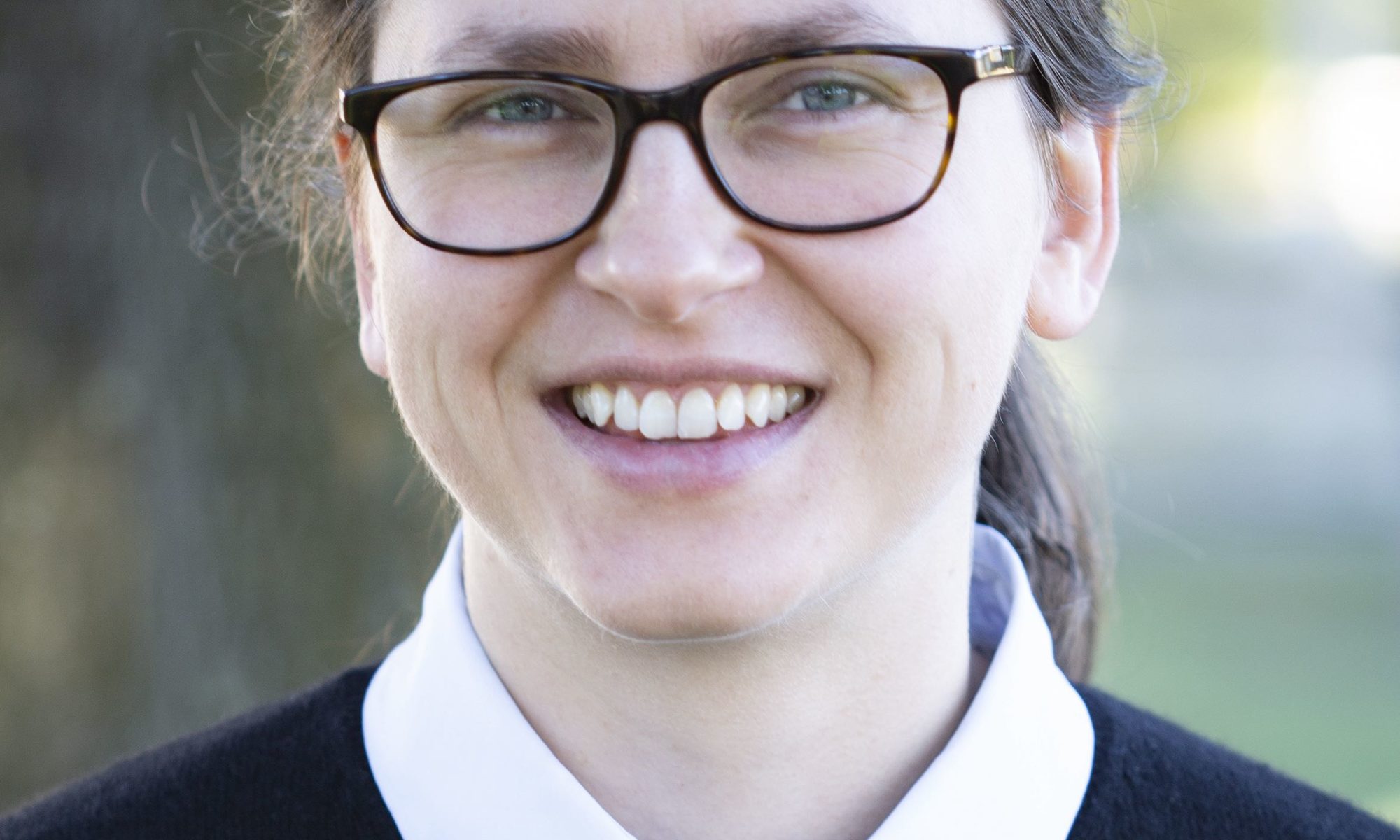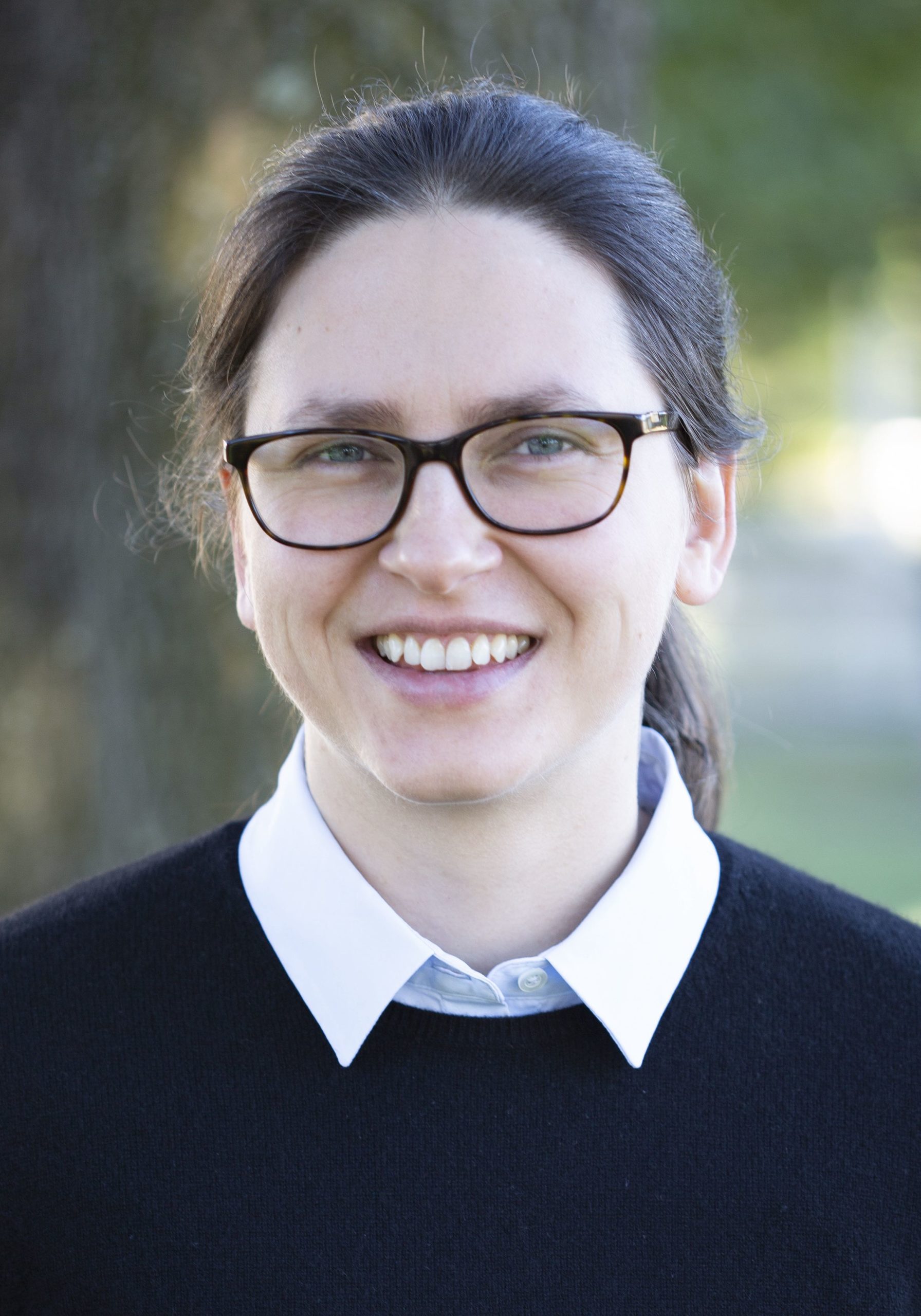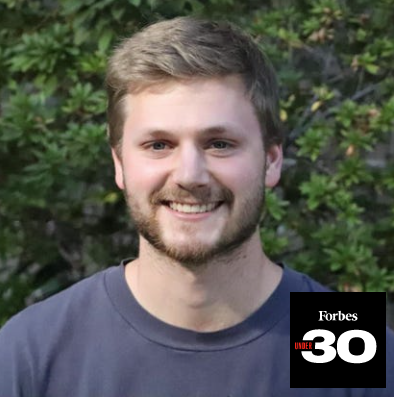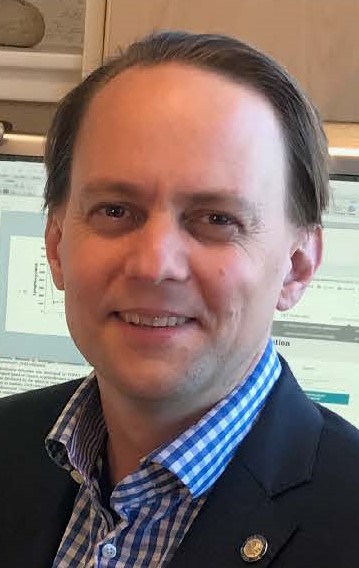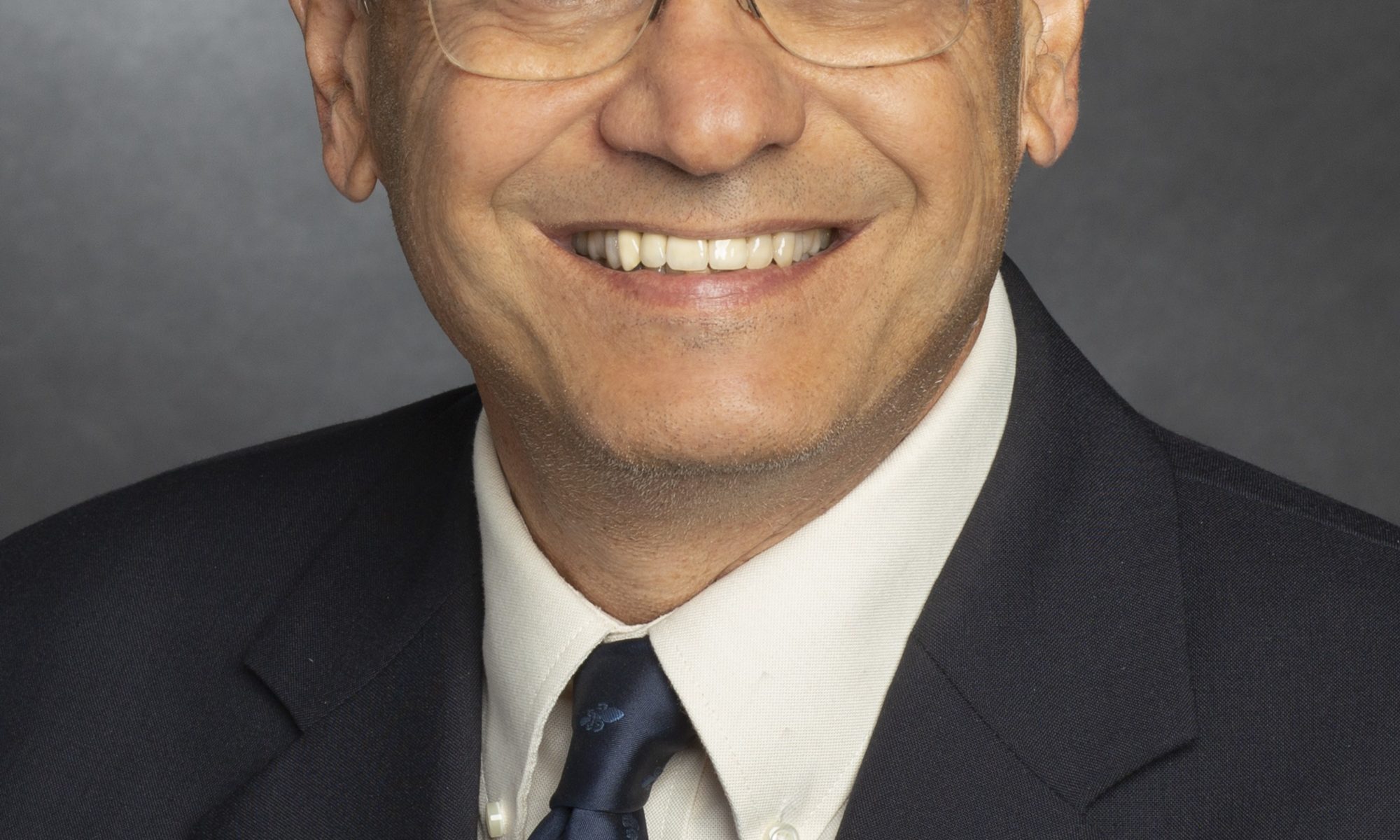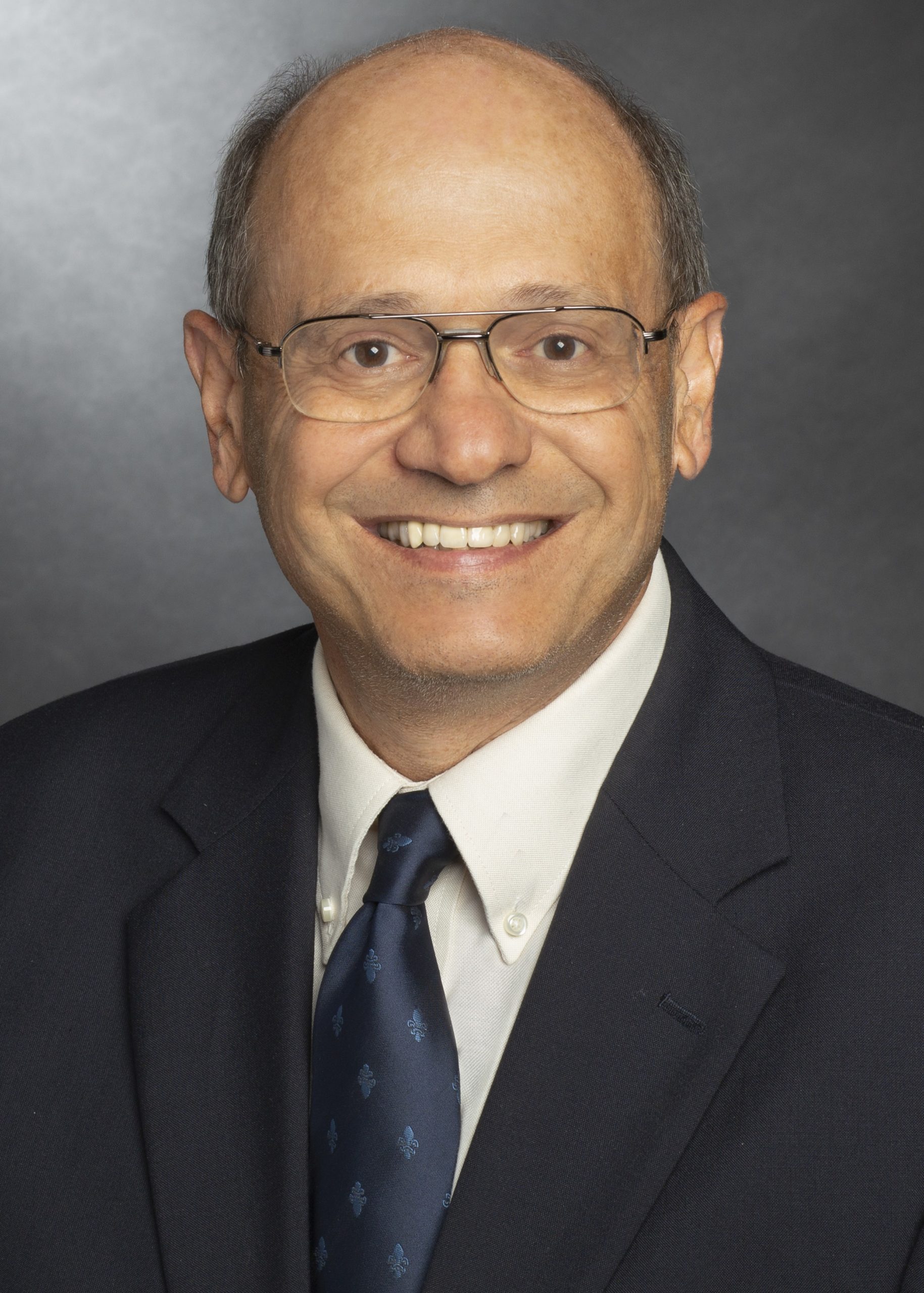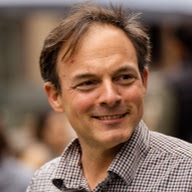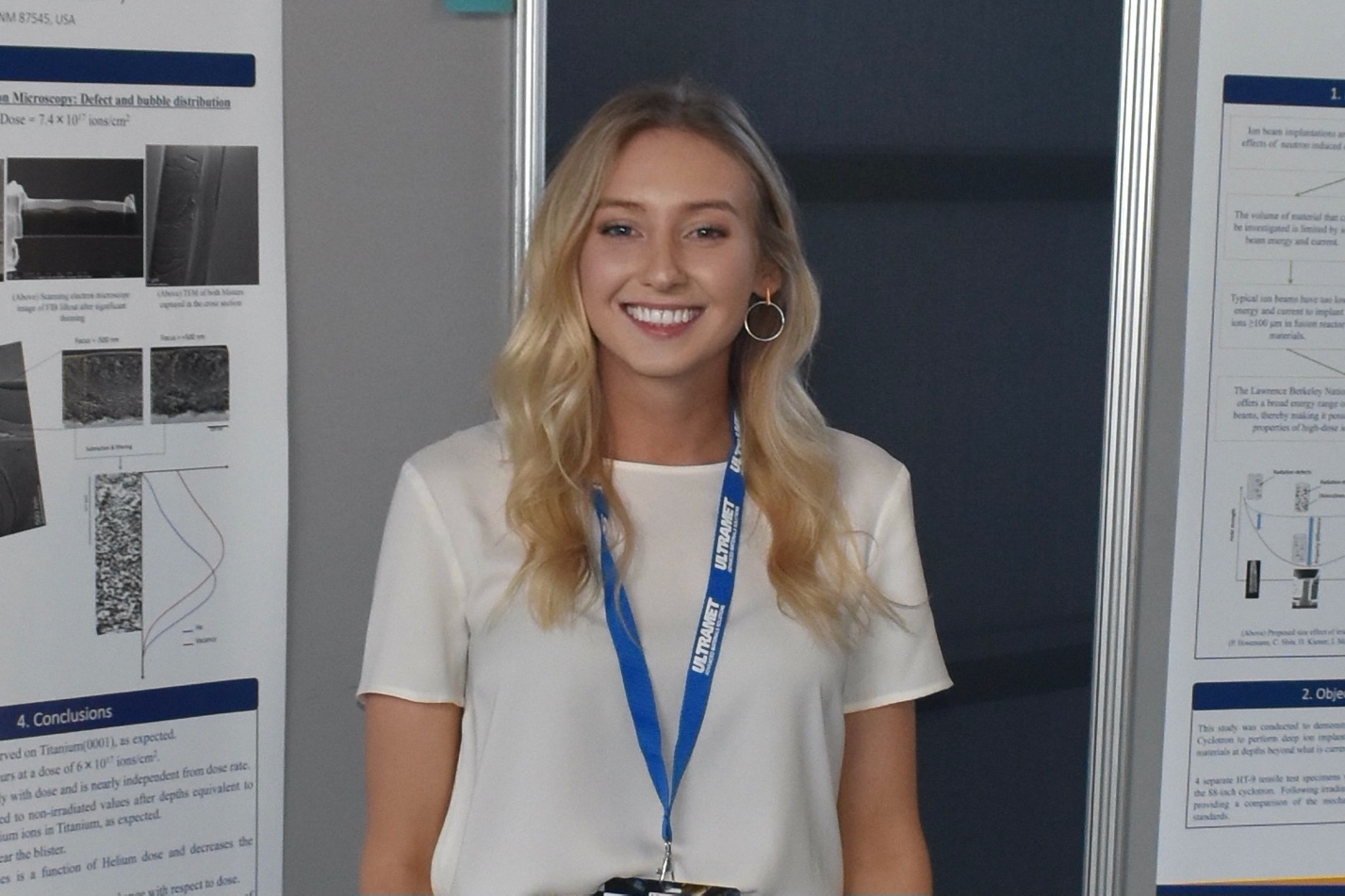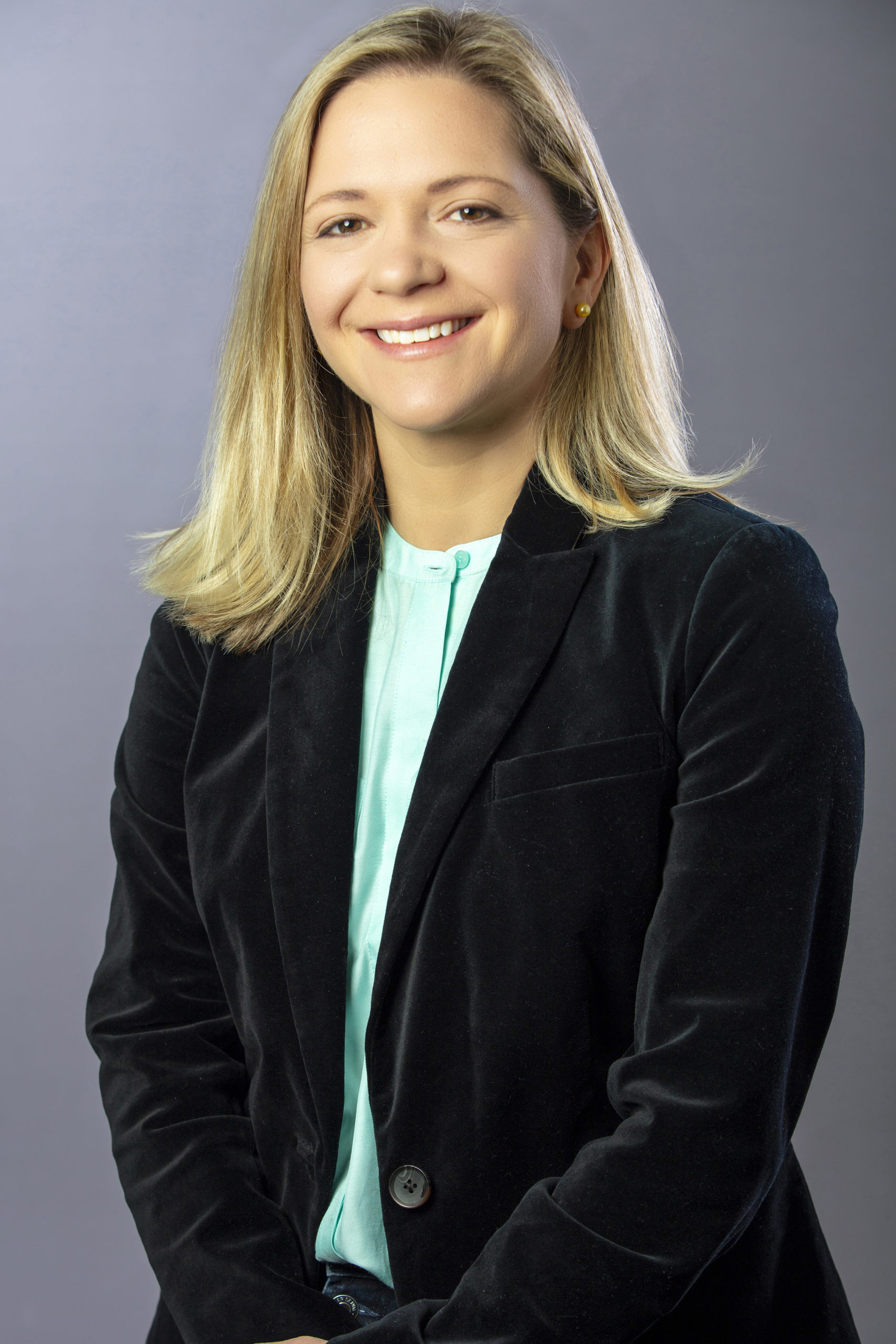
The inertial fusion community have been working towards ignition for decades, since the idea of inertial confinement fusion (ICF) was first proposed by Nuckolls, et al., in 1972. On August 8, 2021 and Dec 5th 2022,the Lawson criterion for ignition was met and more fusion energy was created than laser energy incident on the target at the National Ignition Facility (NIF) in Northern California. The first experiment produced a fusion yield of 1.35 MJ from 1.9 MJ of laserenergy and appears to have crossed the tipping-point of thermodynamic instability according to several ignition metrics. Building on this result, improvements were made to increase the fusion energy output to >3MJ from 2.05 MJ of laser energy on target, resulting in target gain exceeding unity for the first time in the laboratory. This result is important in that it proves that there is nothing fundamentally limiting controlled fusion energy gain in the laboratory.
Dr. Andrea (Annie) Kritcher is the principle designer for the first ever fusion ignition experiment in a laboratory at the National Ignition Facility in Lawrence Livermore National Laboratory (LLNL) and is the team lead for integrated modeling within the Inertial Confinement Fusion (ICF) leadership team at LLNL. Annie received her BS from the University of Michigan Nuclear Engineering department in 2005, and MS and PhD from the UC Berkeley Nuclear Engineering department in 2007 and 2009, and is a fellow of the American Physical Society (APS). Annie was first employed at the Lab as a summer intern in 2004, as an LLNL Lawrence Scholar during her time at UC Berkeley, as a Lawrence postdoctoral fellow in 2009 following completion of her Ph.D from UC Berkeley, and as technical staff in 2012.
Webinar Link
https://berkeley.zoom.us/j/97239764948
Webinar ID: 972 3976 4948


